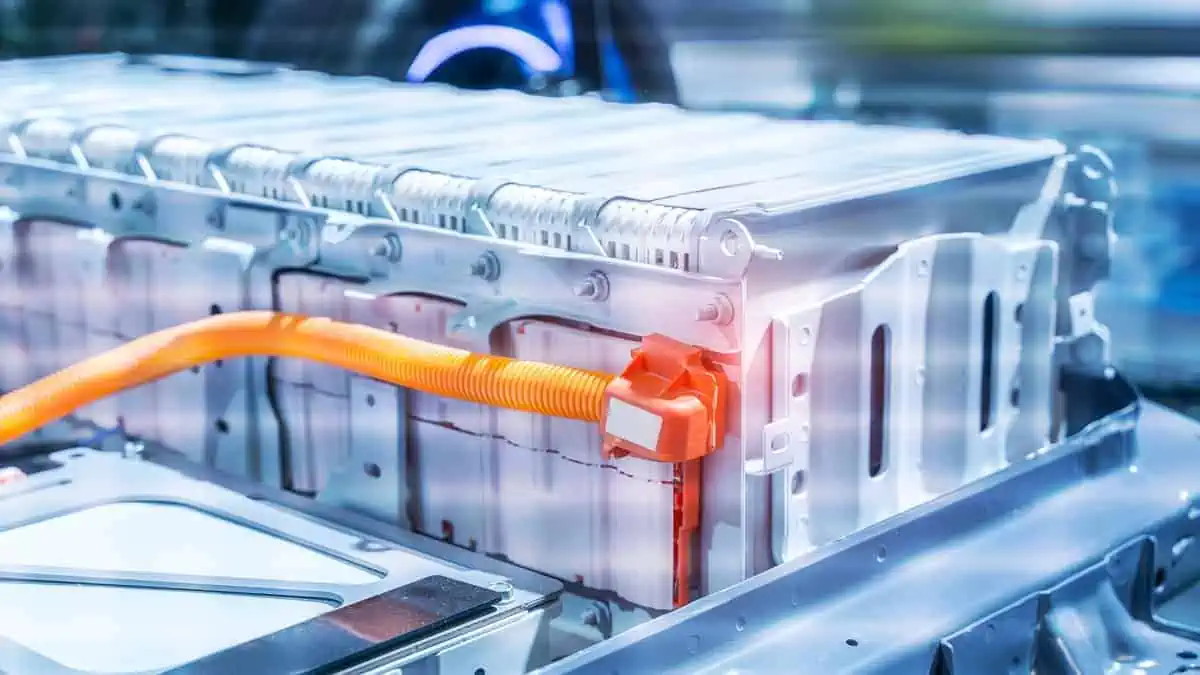Only 1% of the world’s lithium is produced in the United States. Meanwhile, the greater percentage is already controlled by China and Australia, according to Automotive News. Now, the country has a chance to catch up in the global battery market with the implementation of the newly passed Inflation Reduction Act (IRA), as discussed at the Automotive News Congress in Detroit.
The Inflation Reduction Act of 2022 could boost the US’ battery development capacity to compete with China. As asserted by Austin Devaney, Piedmont Lithium’s Chief Commercial Officer, the bill could balance the competition between the two countries regarding EV battery development.
At Automotive News Congress in Detroit on Monday, Devaney further claimed that the bill might eventually allocate $100 billion to the EV battery market. Remarkably, that amount would be comparable to China’s expenditures.
How would the IRA boost the US battery industry?
The bill offers a $7,500 tax credit for electric vehicles using domestically extracted or processed battery materials. With such incentives, the IRA may even push domestic battery producers and suppliers to explore and source batteries from materials other than lithium.
“We’ve seen an absolute increase in the momentum of investment after the Inflation Reduction Act.”
Deeana Ahmed, Our Next Energy’s vice president of strategy, policy, and sustainability
ADS-TEC Energy’s head of global corporate and government affairs, John Tuccillo, also stated that the US would need to resort to free agreements. It would enable the country to obtain the supplies it requires for EV batteries and meet its 2050 target of having carbon-free transportation.
Experts in the field are still attempting to fully understand the implications of the IRA. Nonetheless, it is already largely responsible for the large number of battery facilities planned for the US. As a result, the US will gain a sizable competitive edge and become less dependent on China.






